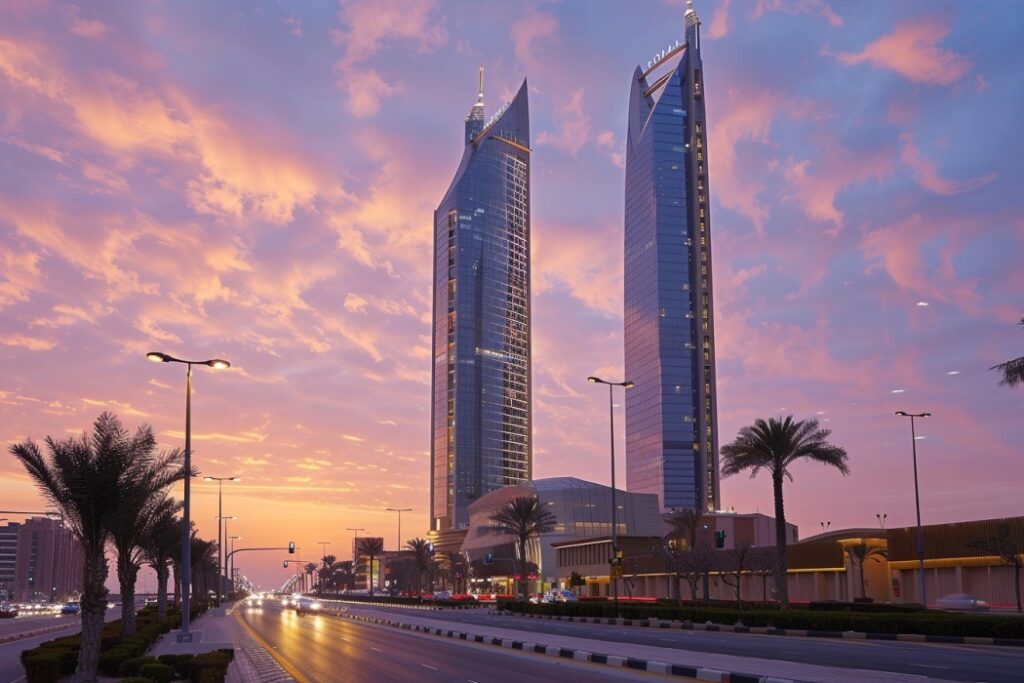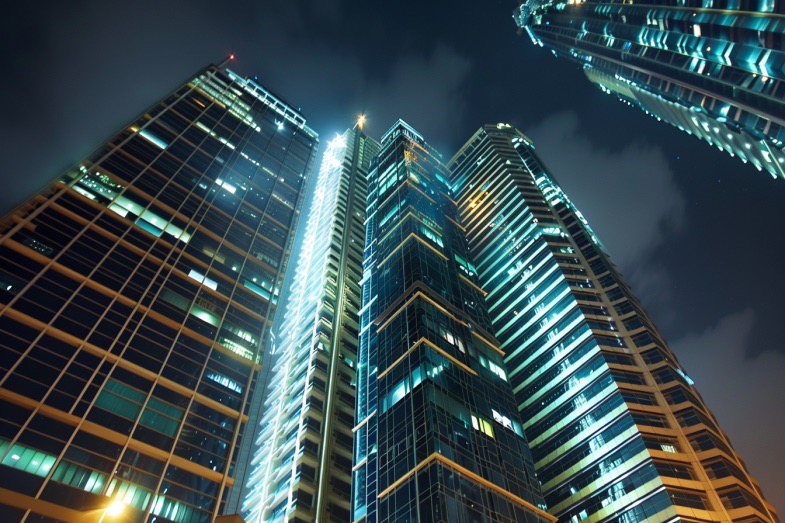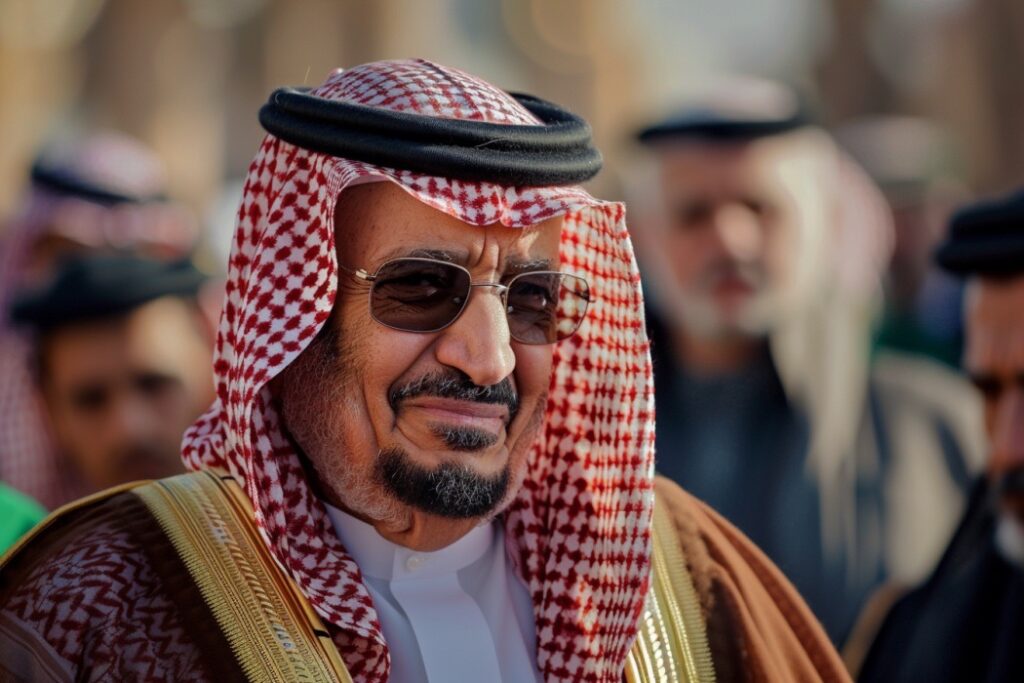Former Tesla Employee Raises Concerns About Self-Driving Technology Safety
In a shocking revelation, a former Tesla employee, Lukasz Krupski, has spoken out against the safety of the technology powering the company’s self-driving vehicles. Krupski leaked crucial data, including customer complaints about Tesla’s braking and self-driving software, to German newspaper Handelsblatt in May.
Ignored Concerns and Ongoing Investigations
Despite attempts to address his concerns internally, Krupski’s warnings were allegedly ignored by Tesla. The company has not responded to requests for comment on the matter. CEO Elon Musk has been a vocal advocate for Tesla’s self-driving technology, claiming it has the best real-world AI.
In his first UK interview, Krupski expressed his worries about how AI is being utilized in Tesla’s autopilot service. He raised issues about the readiness of both hardware and software, emphasizing the potential risks to public safety.
Krupski discovered evidence in company data suggesting that safety protocols for vehicles with autonomous or assistive driving technology were not being followed. Reports of “phantom braking,” where vehicles randomly brake in response to nonexistent obstacles, have also surfaced among customer complaints.
Whistleblower Recognition and Government Response
Krupski’s decision to share his findings with data protection authorities has led to investigations by the US Department of Justice and other agencies into Tesla’s assisted driving features. German newspaper Handelsblatt published the “Tesla Files” based on the 100GB of internal data Krupski shared.
The Netherlands data protection authority is looking into the data breach, confirming the seriousness of the allegations. Despite facing challenges as a whistleblower, Krupski’s actions have been acknowledged with the Blueprint for Free Speech Whistleblowing Prize.
Broader Implications and Future Legislation
Jack Stilgoe, an associate professor at University College London specializing in autonomous vehicles, highlighted the wider concerns raised by Krupski’s claims. As governments like the UK introduce legislation like the Automated Vehicles Bill, the need to address novel aspects of self-driving technology becomes crucial.
With ongoing investigations and growing scrutiny, the safety and reliability of self-driving technology remain under intense scrutiny. Tesla’s response to these allegations and the actions taken by regulatory authorities will determine the future of autonomous vehicles on public roads. — BBC



